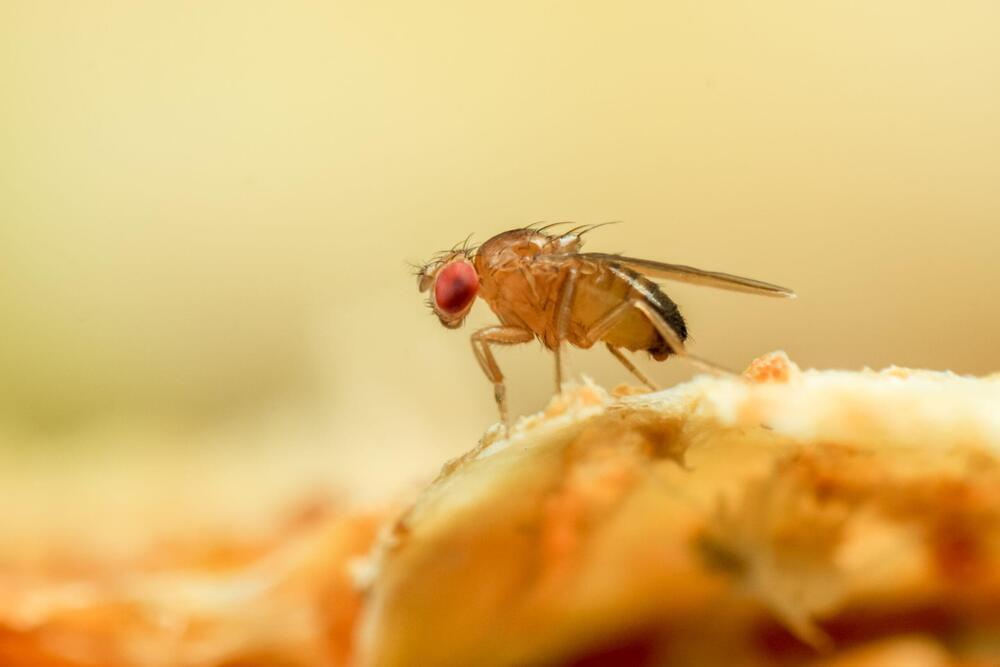Antimicrobial peptides (AMPs)—small peptides that protect against microbial infection—are crucial immune effectors in both plants and animals. They not only fight against potential infections, they also influence the composition of the host’s microbiome. Little is known about the driving forces behind AMPs’ rapid evolution. Now, a study uncovers the selective pressures driving the evolution of AMPs and how they control bacteria in the host’s microbiome.
The work is published in Science in the paper, “Ecology-relevant bacteria drive the evolution of host antimicrobial peptides in Drosophila.”
The researchers focused on Diptericin (Dpt), a small antimicrobial peptide that mainly defends Drosophila against Gram-negative bacteria. The team examined how Diptericins function in Drosophila and evolve in response to their microbial environment.
